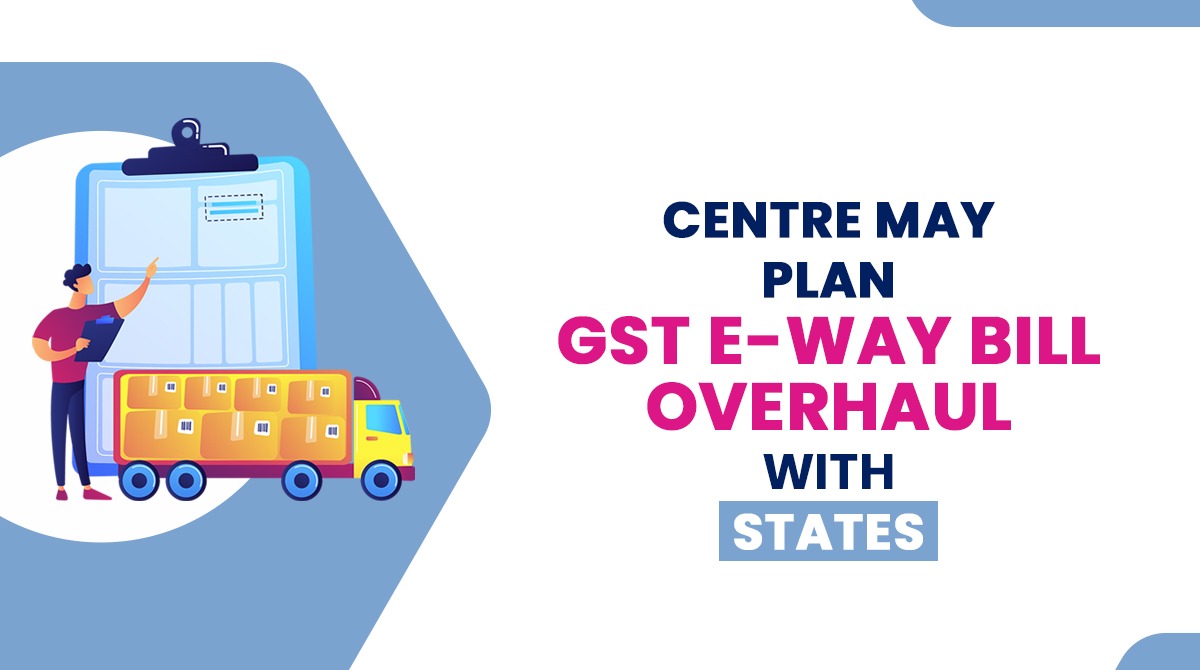
As of January 31 this year, a staggering 5,44,205 petitions awaited resolution within the norms of the Income Tax Department, with an additional 63,246 declining at different levels of appellate authorities including Income Tax Appellate Tribunals (ITATs), High Courts, and the Supreme Court. Despite the Central Board of Direct Taxes (CBDT) obligation to expedite proceedings, the backlog persists, prompting calls for critical reform.
The insights of a situation become apparent with a breakdown of pending cases: 20,266 at ITATs, 37,436 at High Courts, and 5,544 at the Supreme Court. In answer, the CBDT’s 100-day action plan for FY25 sets targets, demanding each Commissioner of Income Tax (Appeals) dispose of a minimum of 150 appeals by June 30.
The experts emphasize challenges that impede timely resolution. Tax experts said that the prolonged duration between appeal filing and the first hearing often exceeds a year. This delay heightens the backlog and damages the effectiveness of the tax dispute resolution procedure.
The assessing officer’s bulk of precedent-based assessments perpetuates the petition cycle. Laying on the former decisions, the officer’s losses approach the tax problems afresh at the time of investigation directing to the unwanted additions and the following petitions. To stop the same cycle experts advocate levying the highest time duration for the petition resolution by ITATs and CIT(A), ensuring swifter adjudication.
Reforming proposals extends beyond procedural amendments. Individual recommends an amnesty scheme in the forthcoming budget, proposing the assessees a one-time settlement chance to enhance the load of extended litigation. Tax experts cited the importance of limiting corporate India and taxpayers from the resource drain propagated through inconclusive matters.
Another tax expert cited the cruciality of strengthening the judicial infrastructure. A call for advanced judicial strength, associated with specialized benches for complicated matters and a powerful digital framework, resonates throughout the discourse on appellate reform.
The command of the Delhi High Court to address vacancies in the Commissioner (Appeals) cadre emphasizes the recognition of the judiciary of the urgency in managing the backlog. With about 230 active Commissioners against a sanctioned strength of 349 till July 2023, there is a need for quick action.
As the stakeholders meet the resolutions the critical need for complete reform becomes transparent. Addressing procedural streamlining to structural reinforcement, the appellate backlog wants a multifaceted strategy embedded in efficiency, and expediency.









